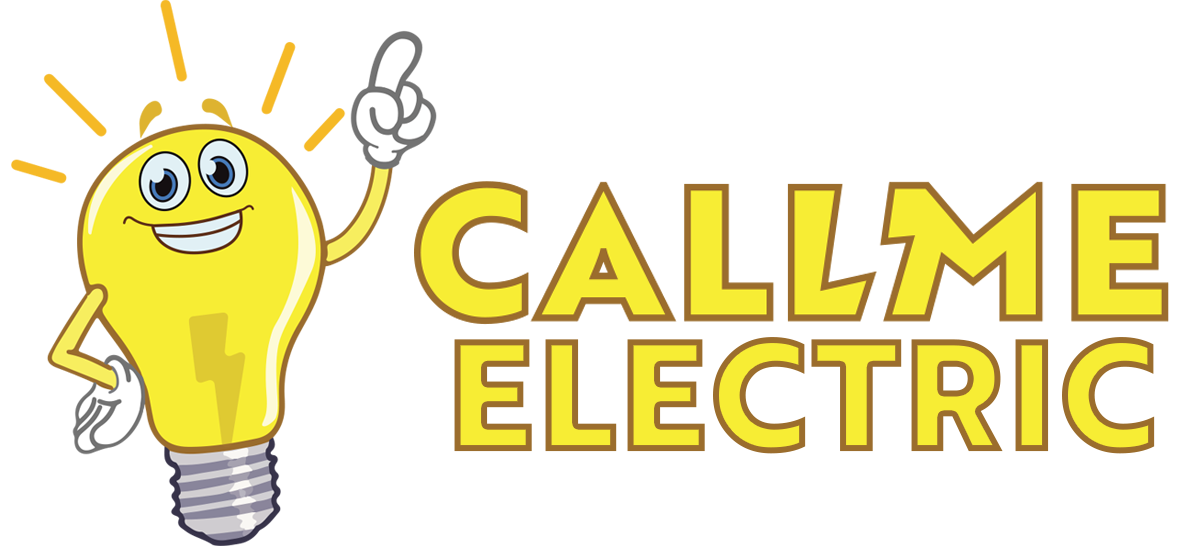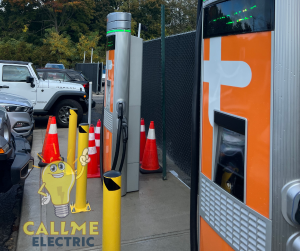How do Service Panels work?
Ever wonder how power gets to all your favorite appliances and gadgets around the home? Wonder no further! Here's a quick overview of how your Service Panel generally works and the kinds of features you can have installed.
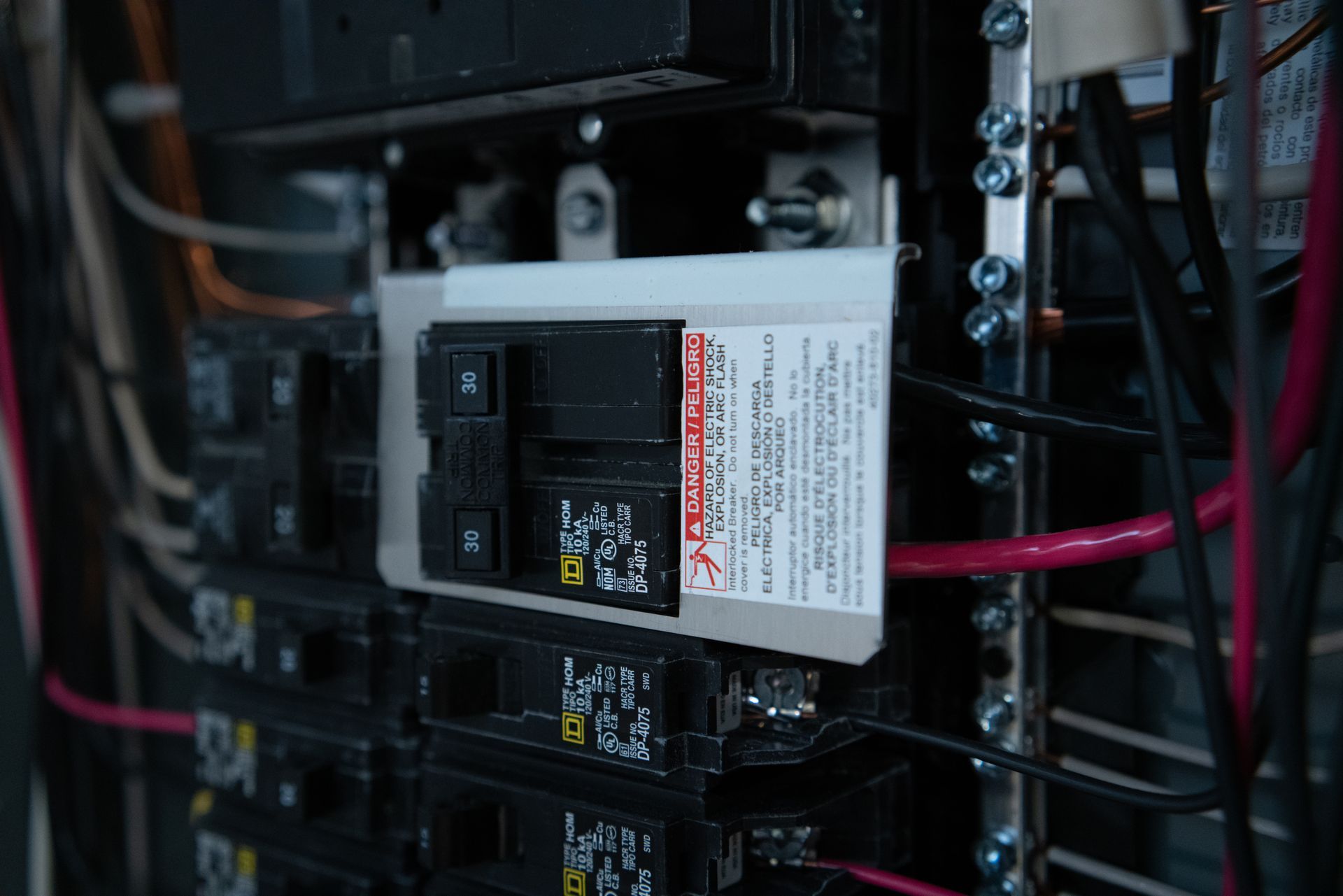
You'll usually find the service panel in a utility room of your home, such as a basement, garage, or hallway closet, but some homes (like Levitt homes) have service panels in the bedroom closet! It will be a large metal panel with electrical switches (known as circuit breakers) and wiring (or circuits) connected all around your home.
- A typical home will have a single service panel controlling power for the entire building. For every electrical meter, there will be a corresponding service panel.
- You may also notice "subpanels" which are similar looking service panels that are actually connected back to the main service panel. They allow you to distribute circuits around the home more efficiently when dealing with larger homes or detached spaces (such as a garage).
- All service panels have a single set of circuit breakers at the top corresponding to the total power you home can draw from the grid. These are typically between 100 amps and 300 or more amps, depending on the age of your service panel. A service upgrade is what allows you to draw more power from the grid or repair your service panel if it's damaged or corroded.
- As you probably already know, power in your home is typically around 120 volts. But the power your service panel receives from the grid comes through two separate "hot" lines, each providing 120v of power. This is how your home is able to use 240v power for water heaters and HVAC systems.
How do circuits and circuit breakers work?
Since all power must come from your service panel, you might notice various circuits running around your home to the service panel. These are all connected with their own circuit breakers on the panel itself. Each breaker will have a rated amperage, which is the maximum load which can flow from the panel to your home's circuitry.
- Each circuit runs to outlets or appliances all around your home. Typically a single circuit will run to multiple outlets nearby, such as several along a wall.
- Electrical codes have changed over time for circuits and circuit breakers. For example, while older homes might use multiple outlets along the kitchen counter with a single circuit, these outlets are required to have dedicated circuits in new homes.
- If you see a "larger" circuit breaker which takes up multiple spots on the panel, it is likely a 240v circuit for handling your oven, water heater, or HVAC system.
The most important thing to know about a service panel is that it's designed to protect you and your home. If it detects a fault with a circuit or overheats due to an excessive load, the breaker in your panel will "trip", stopping all electricity from flowing to that particular circuit.
What kind of improvements can I make to a service panel?
There are several projects to consider for your service panel depending on your home's electrical needs:
New circuits & wiring
Ever trip a breaker? It's a very common occurrence, and most often happens when too many appliances, like TVs, refrigerators, and blenders, are sharing a single electrical circuit. Over the years, electrical codes have dramatically changed, and many older homes on Long Island are using older wiring, or let too many outlets share a single circuit. Adding a circuit will run wiring from your panel to an outlet in your home, providing more flexibility for your electrical needs.
Note: Never increase the amperage of a circuit if the wiring doesn't support it! This is a serious fire hazard.
Service upgrades
What do you do if you're hitting the 100 amp limit of your service panel, running out of space for new circuits, or what about corrosion or damage to your electrical service panel? This is where a service upgrade comes in. We can not only replace your system equipment and increase the total power available to your home, but also reconfigure the wiring to more efficiently distribute the circuits you've added over the years.
Generator Interlocks
Service panels are always connected to the grid, so what do you do if you want to use a generator or other backup power system? That's where generator interlocks come in. They safely let you transfer power from the grid to a backup power system so you can continue to run your favorite gadgets during a power outage.
Not sure what else to do with your service panel? Why not give us a call! We've been helping Long Islanders make their homes brighter for nearly 40 years. We'll make easy work out of your next electrical project.

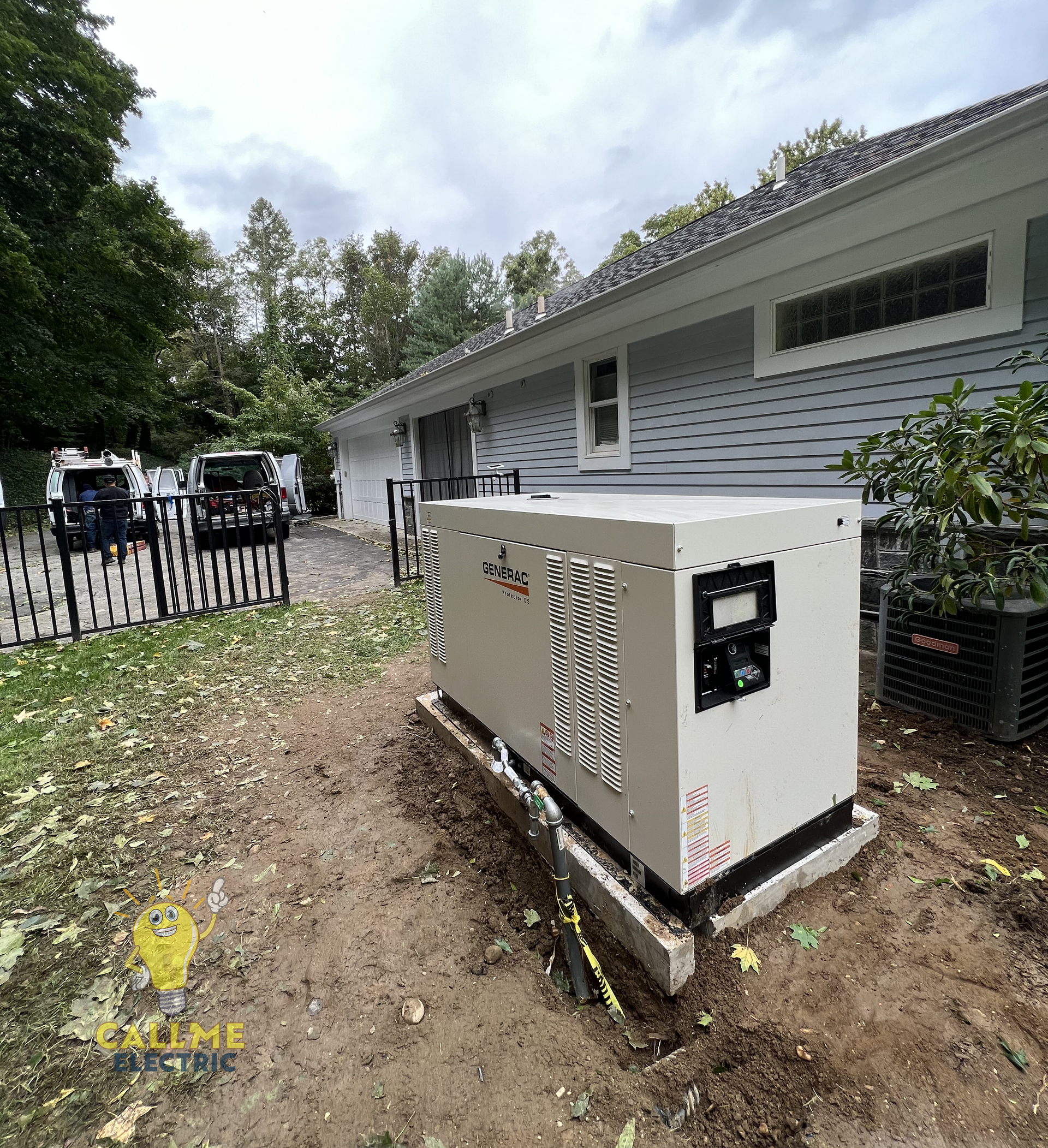
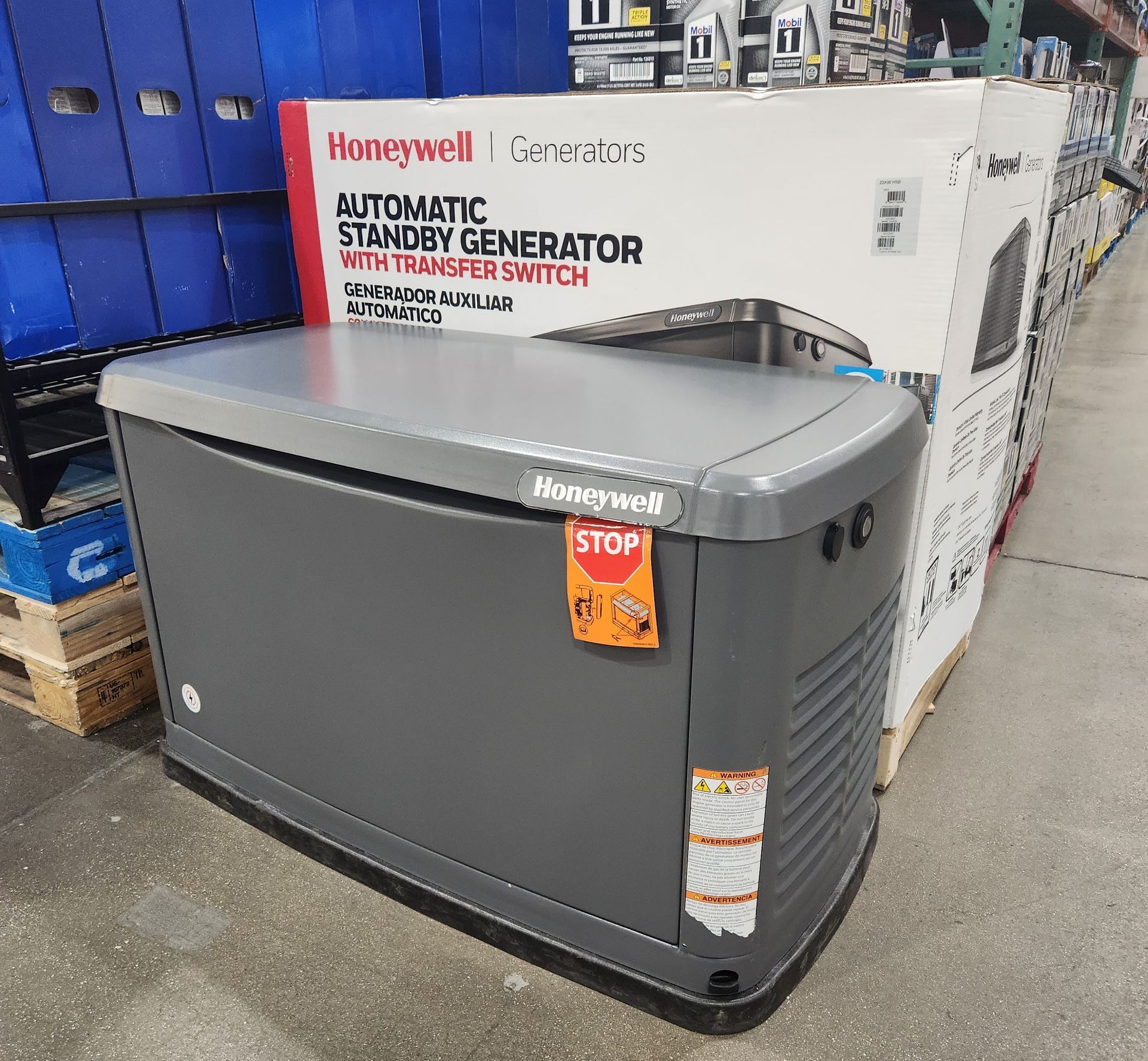

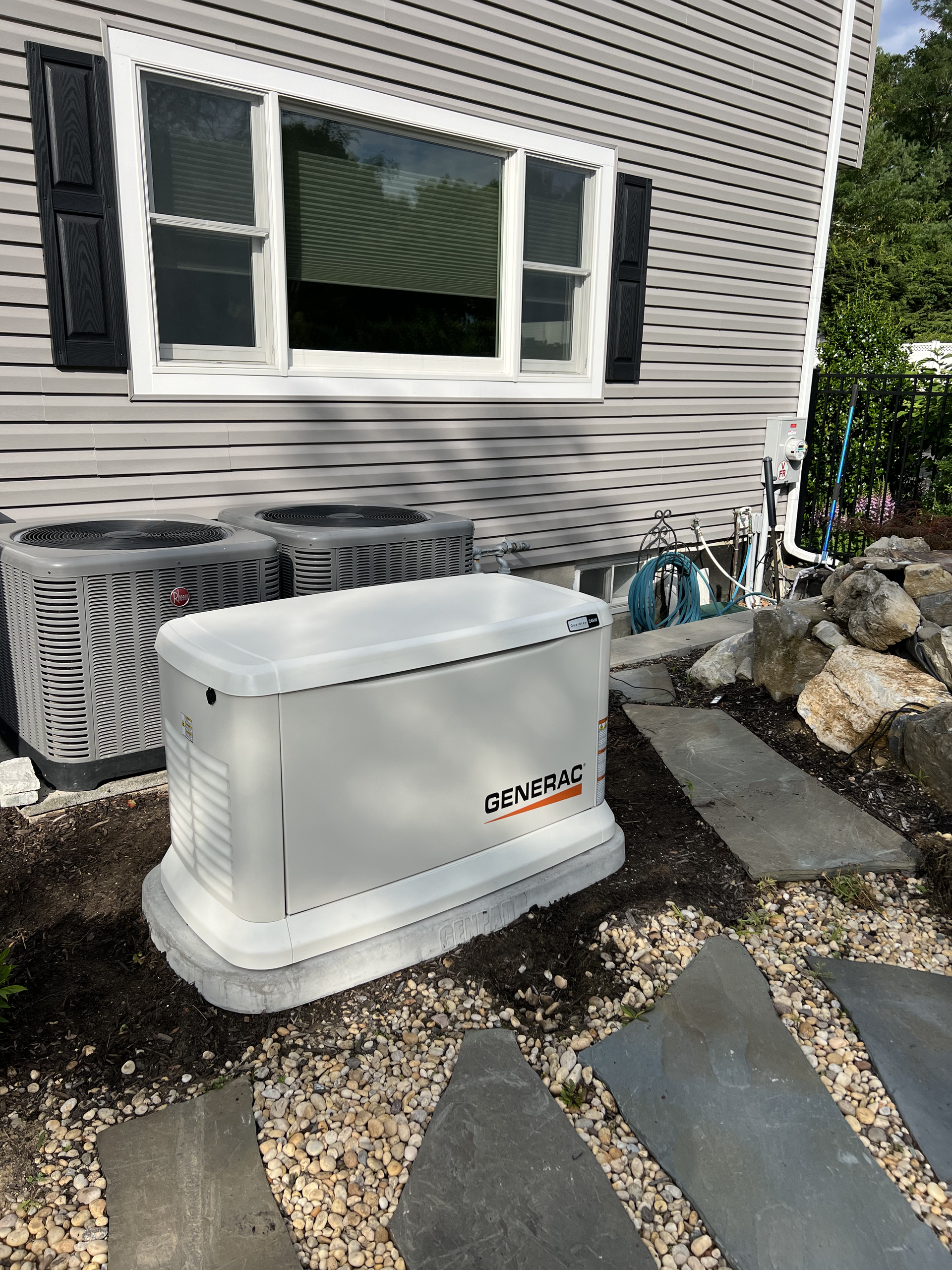
All Rights Reserved | Call Me Electric, Inc.
381 Sheffield Ave, West Babylon, NY, 11704
